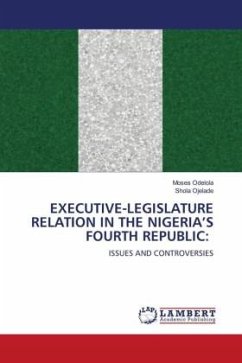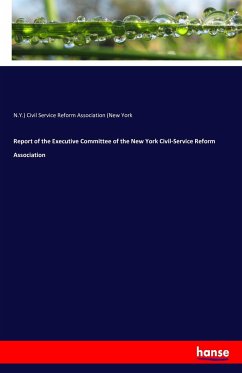One of the most important and prominent facets of a representative democracy is the relationship between an elected official and the people he or she represents. The electoral process allows the population to directly select their representatives. Some officials can be removed if they are perceived to be improperly managing their position, whether through votes of no confidence, impeachment, or recall vote. Public opinion polling is a constant presence in that democracy, attempting to show just how a populace feels about an issue their representatives will ultimately deal with. But do those representatives care? Although the president is not directly elected, the public plays a very large role in his selection by choosing the electors who ultimately elect him. Thus does public opinion alter the behavior of the president, an officer with a four-year term who rarely faces impeachment?
Bitte wählen Sie Ihr Anliegen aus.
Rechnungen
Retourenschein anfordern
Bestellstatus
Storno








